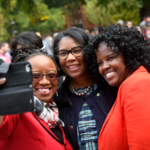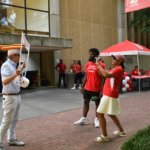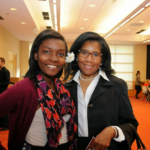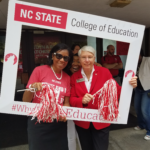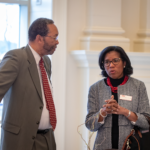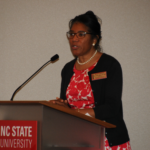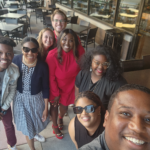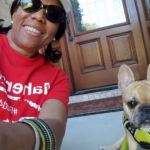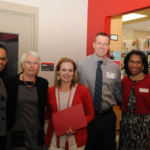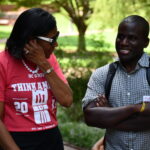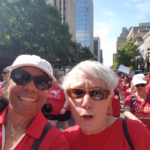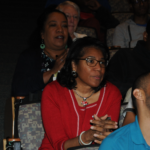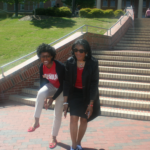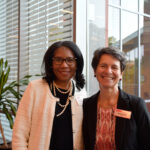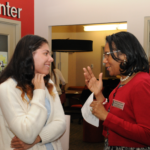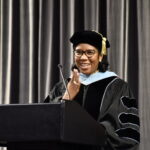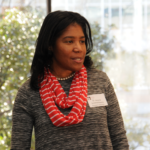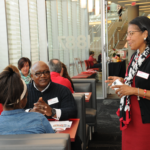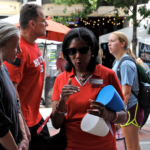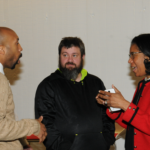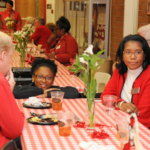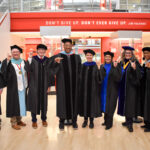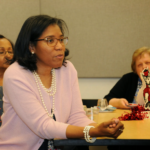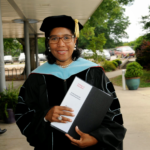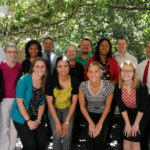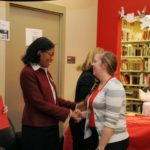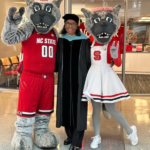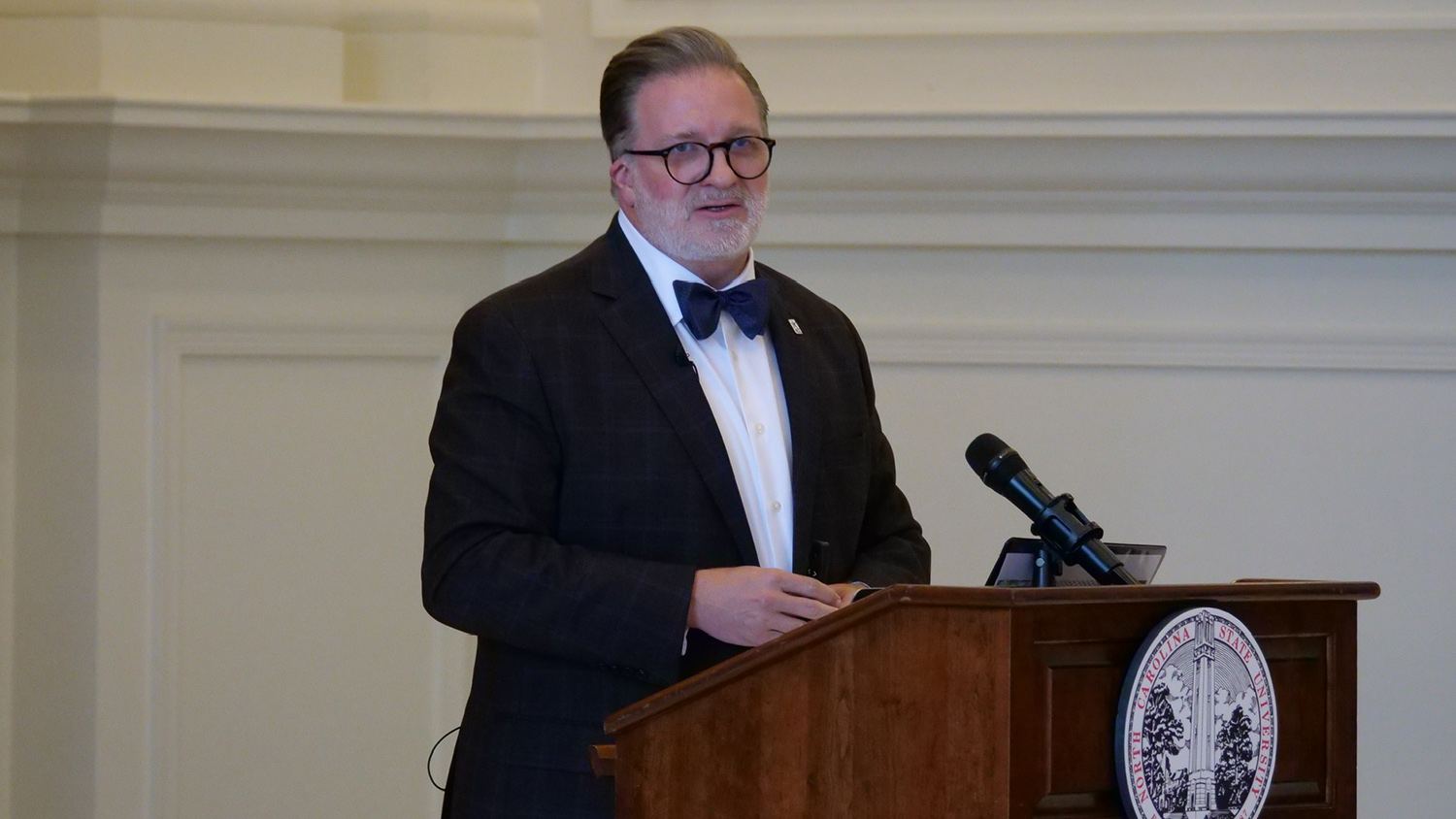Retiring Associate Dean Anona Smith Williams ’91MS, ’02EDD: ‘I Hope People Will Say That I Was Always Unapologetically Myself and True to the Cause of Equity, Access and Opportunity’
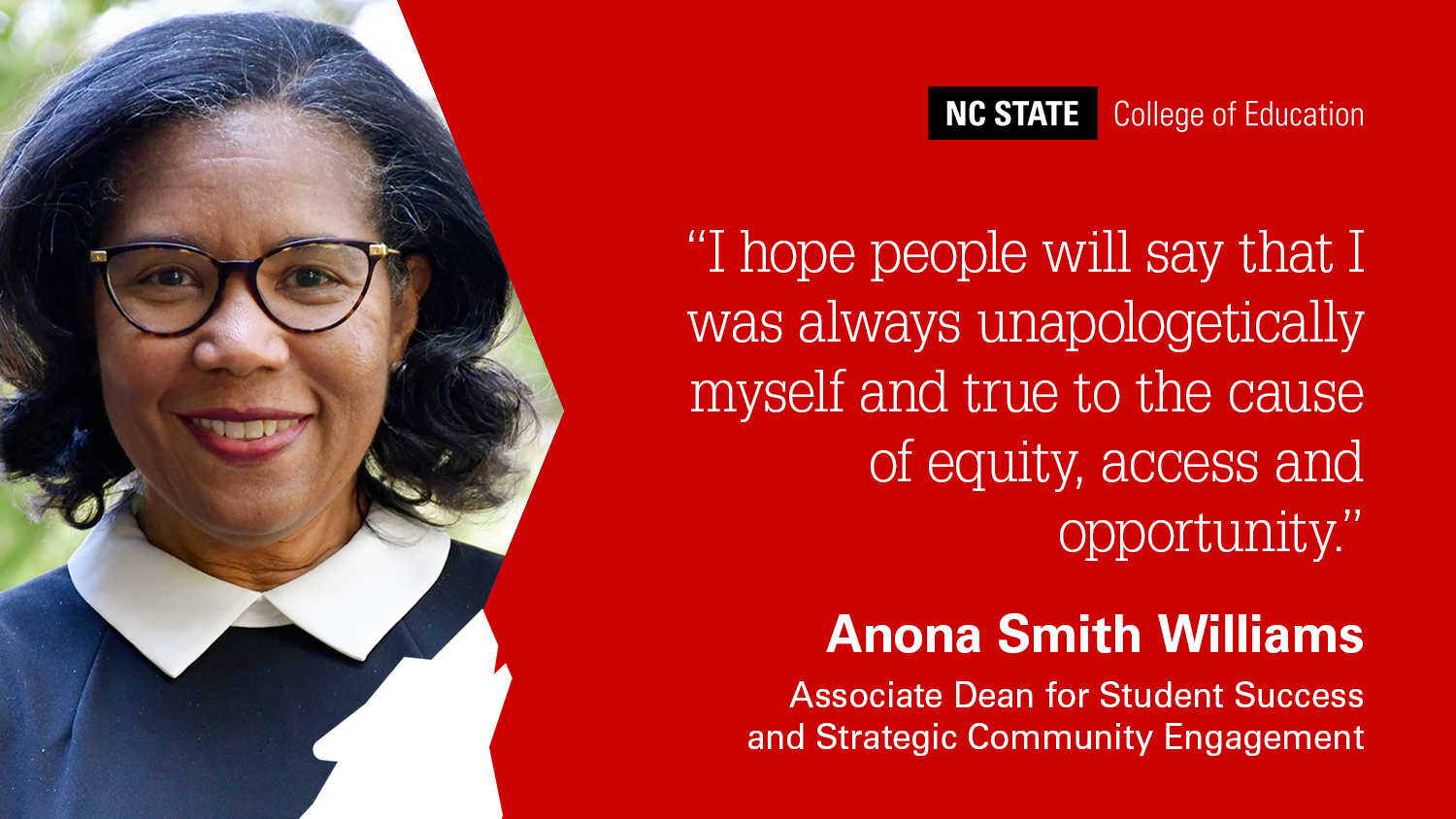
Anona Smith Williams ’91MS, ’02EDD, the associate dean for student success and strategic community engagement, will retire March 1, 2024, after 38 years with NC State’s College of Education. In this Q&A, Smith Williams talks about why she chose a career in higher education, her dedication to supporting students and what she hopes they learned from her.
Why did you choose higher education?
Navigating a large, urban, predominantly white institution as an undergraduate student was, at times, challenging for me. I found community through various social outlets like joining a sorority and from faculty and staff who invested time in helping me to make good decisions. Balancing the academic and social realms of college life was extremely challenging. The dean of student affairs at the time was extremely supportive and, through my work-study job in her office, I was allowed to play a critical role in planning the university-wide open houses. Although I had parents and siblings who had successfully made this journey before me, it was still difficult. I could only imagine what navigating college life was like for first-generation students. By the time I was approaching undergraduate graduation, I knew that I wanted to work in a college setting supporting students, particularly those who looked like me.
How did you end up at NC State’s College of Education?
I worked at two other institutions before arriving at NC State. While at my last place of employment, I was advised while attending a conference that I would need a master’s degree if I wanted to advance in higher education. During this same timeframe, I attended a drive-in conference where all the presenters were Black administrators and staff from NC State University. I was so impressed and excited after that session that I knew without a doubt I wanted to end up at NC State. They were discussing initiatives such as an orientation that only focused on the Black student experience; a requirement that all senior-level administrators, including deans and department heads, attend a C.T. Vivian overnight training; and how each college had a person of color who supported the recruitment and retention of students. A few months later, I started to pursue my master’s degree here at NC State. Don Locke was the department head and offered me a job during my graduate school interview to serve as the minority coordinator and recruiter. I accepted on the spot, and the rest is 38 years of history.
How did you come to focus on student success and community engagement?
The common thread throughout my career has been supporting students to reach their optimal potential while creating a sense of community for them. I still remember my father taking me to meet his friend from college, who was an alumnus of Hampton Institute, before I started college. He made it clear to me that she was now my family. I have carried that feeling with me to make students know that I am their family. The college experience can be emotionally daunting at times and, unfortunately, can get students off track permanently. I believe every student needs someone who they know will give them a life jacket in those moments.
“The common thread throughout my career has been supporting students to reach their optimal potential while creating a sense of community for them.”
Community engagement is important because students, particularly those students wanting to teach K-12, need to understand the educational disparities that exist that disproportionately impact economically disadvantaged and rural communities. We must have students immersed in experiences that take them out of their comfort zone and help them to create authentic and positive working relationships with their students.
When you think back on your time at the College of Education, what are you the most proud of?
I’m most proud of the students who have graduated and gone on to make tremendous impacts in the private and public sectors. I am also proud of certain initiatives that I was given the autonomy to design and create, like establishing the foundation for the inaugural Teaching Fellows program in 1986 before a director was hired. [Former Associate Dean of Academic Affairs] Gerald Ponder was instrumental in allowing me to take on the task of decentralizing the undergraduate advising process, which allowed me to design and create the Student Success and Advising Center. I think my work as a recruiter and currently my work overseeing scholarships gave me the opportunity to reach high school students who did not think NC State was an option. Sometimes, making one phone call or having a conversation with one parent or guardian made a difference. Finally, the Leadership Institute for Future Teachers (LIFT), formally called the Summer Leadership Institute for Minority Youth, is a program that has positively changed the career trajectory for many of its alumni.
What other highlights stand out from your time with the College of Education?
It has given me great joy to engage with various faculty over the years. I have been fortunate as the student advocate to work with faculty in difficult situations and to support them on how best to meet the needs of students without violating the integrity of the program and, most importantly, engaging in mutually respectful discourse. I have loved being able to serve as a voice of support in helping faculty of color navigate from a dean’s level perspective. It’s extremely rewarding!
What will you miss the most about the College of Education?
As a two-time alumna and longtime employee, I honestly feel like the College of Education will always be a part of my journey. I have always believed in the importance of leaving a job when you love what you are doing because running from a bad situation isn’t always the best use of
one’s energy and creates a sense of urgency. I have loved the ups and downs of my career in the college, and I have appreciated the opportunities that have been afforded me and the people whom I have met both on and off campus. I have learned to live with the coming and going of beloved faculty and staff, but it was still always hard. I will miss much.
What do you hope students have learned from you?
I hope they have learned that no matter what their position in life, they must be their authentic selves. To use their voice to advocate for themselves and for those who feel voiceless. I hope they have learned that representation matters and that when they go through challenging moments in their lives, to remember the importance of being resilient. I hope that I have modeled the importance of creating ecosystems that are nurturing and supportive. To always look back, give back and push back, when needed!
What do you hope others would say about your time at the College of Education?
I hope people will say that I was always unapologetically myself and true to the cause of equity, access and opportunity.
What’s next for you?
I plan to do some self-care, remodel my dining room and consider opportunities to continue my service to the community and state.
- Categories:
